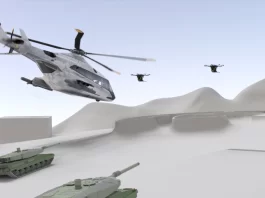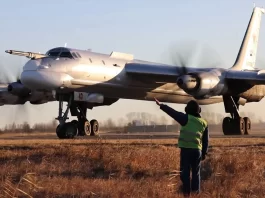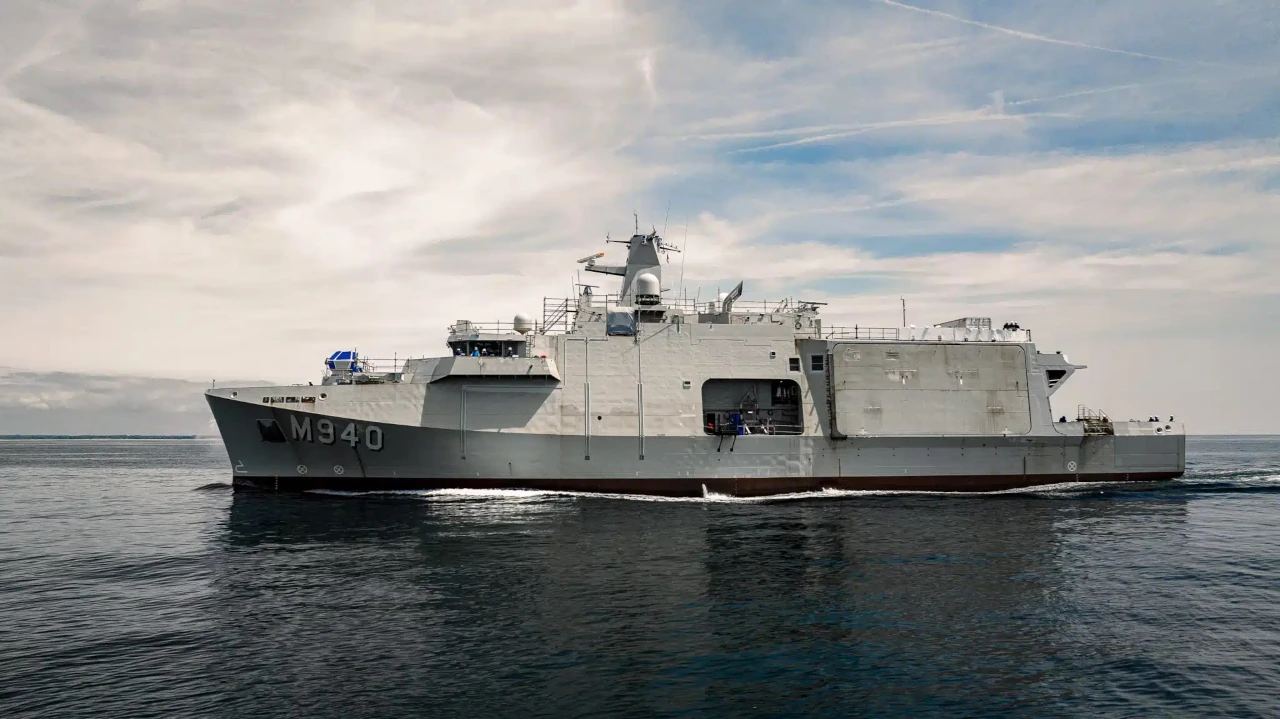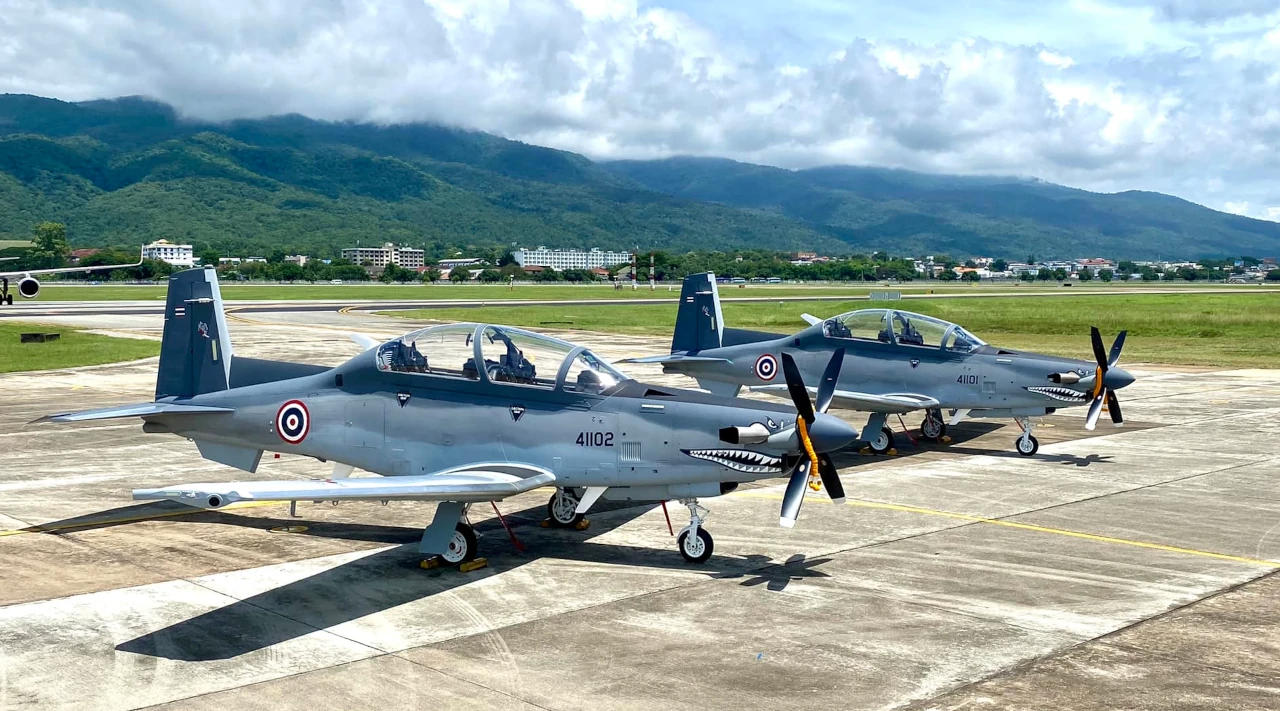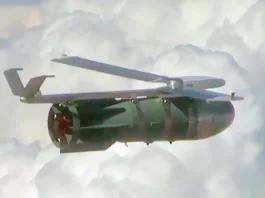Thales CEO Patrice Caine unveiled cortAIx on March 28, 2024. This initiative integrates the company’s artificial intelligence capabilities across sensors, systems, and research.
CortAIx intends to leverage its comprehensive artificial intelligence (AI) expertise to deliver secure solutions to critical infrastructure operators, aircraft manufacturers, the armed forces, and other relevant sectors. These solutions will enhance their efficiency in data analysis and decision-making processes while considering the unique challenges associated with critical environments, including cybersecurity, deployability, and cost-effectiveness.
CortAIx will be divided into three divisions. CortAIx Lab, situated in Saclay, will be Europe’s preeminent integrated laboratory specializing in critical AI. Its research will be used by cortAIx Factory, an artificial intelligence-focused technological factory owned by Thales. It will expedite the industrialization and qualification of AI development tools, as well as system data use cases.
The group clarified that Thales already integrates AI into its systems and continues identifying new use cases, such as mission planning, air traffic management, and drone and robot control, to accelerate performance.
The final pole, cortAIx Sensors, will concentrate on integrating artificial intelligence algorithms into Thales-developed sensors (sonars, radars, optronics, etc.). The objective is to “enhance” their capacity to recognize and classify threats and targets.
Thales used the Talios pod (Targeting Long-Range Identification Optronic System), whose high-resolution electro-optical and infrared sensors enable the identification and tracking of mobile targets of any size, day or night, to illustrate what AI will enable in this regard.
The French Directorate General of Armaments (DGA) reported in November 2022 that it had provided the Air and Space Army with a Talios pod equipped with two additional functionalities: a visible color sensor with a broad field of view and a data link that enables the transmission of video to ground troops along with metadata to enhance operational coordination.
Thales asserts that the Talios pod’s AI integration will expedite the search of targets during aerial support missions, thereby saving crew time.
The sensor-integrated AI performs real-time image analysis and returns the locations of detected targets one hundred times more quickly than a manual search. By displaying detected targets, the crew can verify their identification before determining whether or not to initiate combat. The AI assists the pilot, who ultimately decides whether or not to discharge, according to Thales’ CEO.
In addition, the Talios pod’s embedded AI satisfies power efficiency standards. The outcome of research conducted by the AI laboratory at Thales has created the Thales Neural Processor, a cockpit-specific interface.
These AI developments will be incorporated into the F4.3 specification for the Rafale.
France also plans to integrate the Talios and RECO NG pods for the Rafale F5, whose development is mandated by the Military Programming Law 2024-30. Thales LAS has been entrusted with conducting studies on this matter as part of the “Pod TR” initiative.

